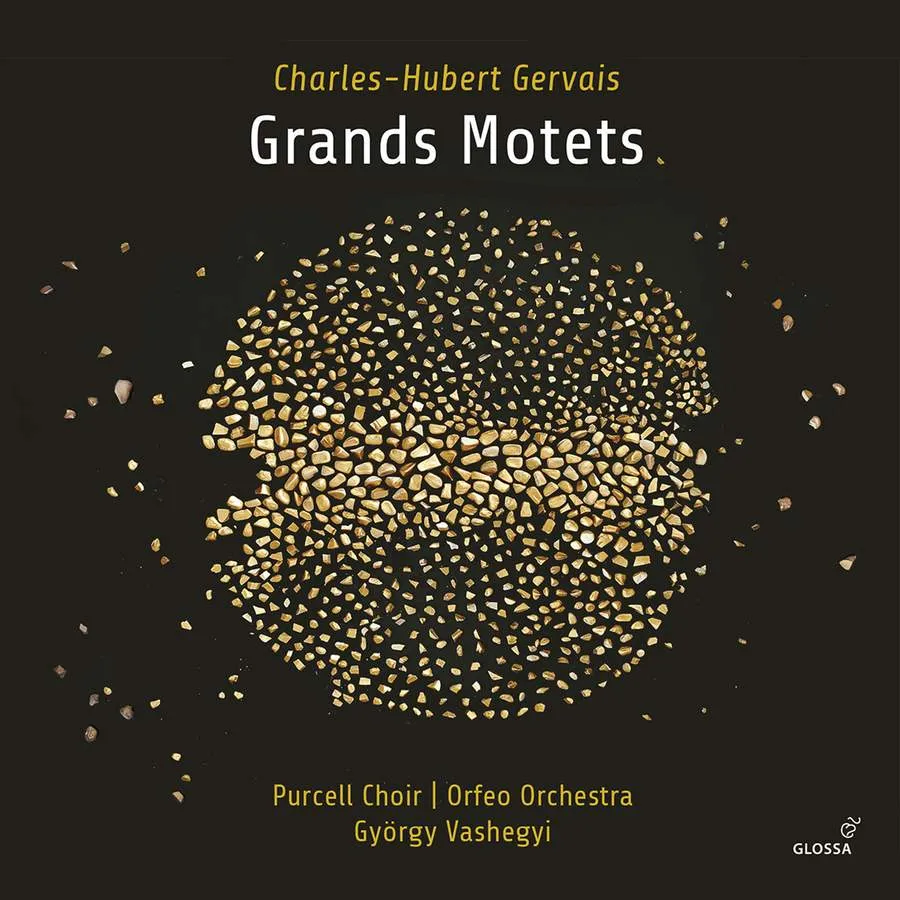
(
Gervais Te Deum; Judica me Deus; Exaudi Deus; O filii et filiae; Usquequo Domine Katalin Szutrély, Olivia Doray (soprano), Mathias Vidal, Cyrille Dubois (tenor), David Witczak (baritone); Purcell Choir; Orfeo Orchestra/György Vashegyi Glossa GCD924013 72:04 mins
The French composer Charles-Hubert Gervais (1671-1744) was a contemporary and friend of the better-known André Campra. For almost all his life he served under the music-loving Philippe de Bourbon, Duke of Orléans and eventually Regent during Louis XV’s minority. Gervais held several royal posts including that of a sous-maître of the Chapelle Royale.
This recording of grands motets closely follows another excellent release with no duplications on the Château de Versailles label – both deserve a warm welcome. The five pieces chosen by György Vashegyi illustrate the two sides of the Gervais coin. On the one hand there are extrovert gestures, reminding us that he was a skilled and successful opera composer, while on the other there are tender récits expressive of interior thought. The former is illustrated by the resplendent opening of the Te Deum, with trumpets, drums, oboes and strings, its penultimate chorus ‘Judex crederis’ and the bass récit from Exaudi Deus. By contrast the soprano récit with flutes from Usquequo Domine, sensitively sung by Katalin Szutrély, is intimate, translucent and appealing.
The Purcell Choir inject the expressively varied choruses with vitality or restraint, as required, while the instruments provide sensitive responses to vocal requirements. The booklet contains sung texts in Latin and English, and an informative essay, though the author, Benoît Dratwicki, is incorrect in stating that none of the music had been previously recorded. I have the Te Deum, circa 1965 in front of me now.
Nicholas Anderson